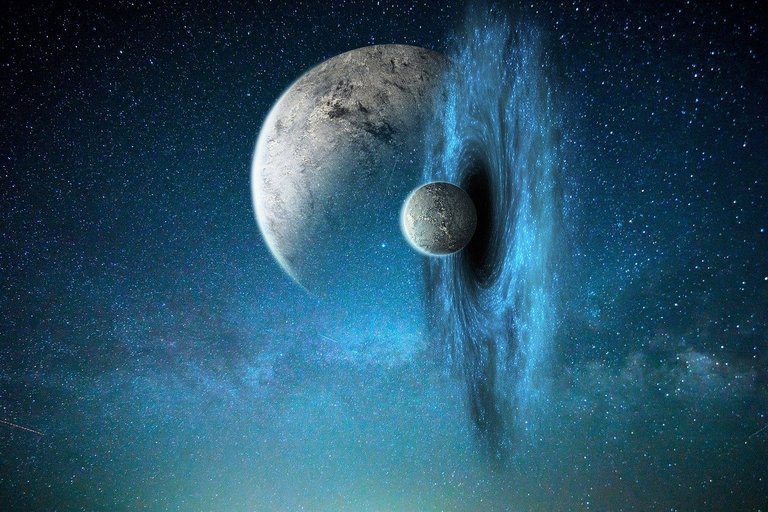Wormholes and Cosmic Strings
Is it possible to instantly move through Space? Wormholes and cosmic strings; two of the most mind boggling ideas in the theoretical physics related to space and time. As much as wormholes propose a way of taking a shortcut in space, cosmic strings hint at structures that extend across an enormous distance, charting the formation of spacetime architecture. Even though both concepts could be addressed as theoretical, they cypher beyond Earth’s imagination of the universe.
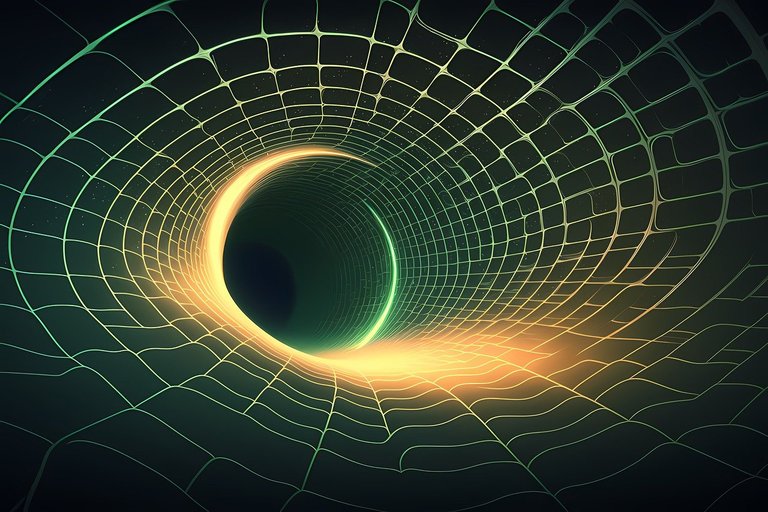
Wormholes: Space-Time Shortcuts
Wormholes also known as Black holes or Einstein-Rosen bridges, are passages through space and time. Just as when we think of space as a flat surface like a piece of paper. For instance, if you take a paper, fold it and then make a hole through it, then you’ve established a bridge between two points — that is the crude way in which wormholes have been conceived of. By their nature, a wormhole provided the theoretical possibility of moving material faster than the speed of light by connecting two points at a great distance in space or even in space-time dimensions.
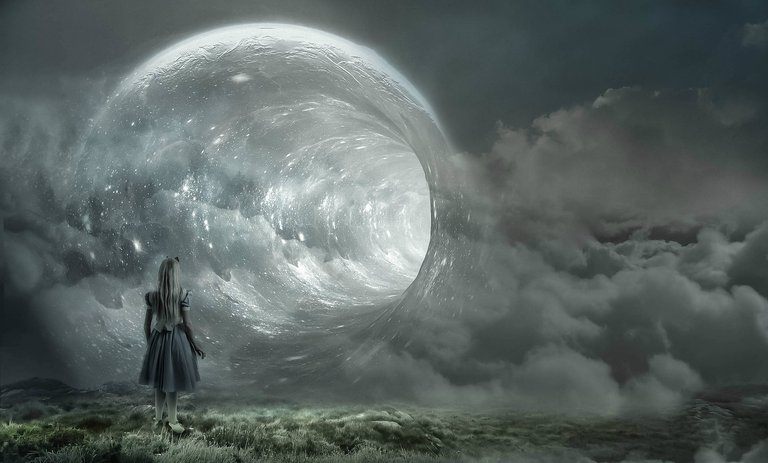
Wormholes are explained by Einstein's relativity theory, the theory envisaging that spacetime and gravity can be curved by massive objects such as stars and black holes. At its extreme, this warping could build a tunnel between two regions, but that is not what the geographical imagination is after. But there are certain challenges to wormholes. For instance, it would be significantly fragile meaning that the structures would crumble almost as soon as they are created. To maintain a wormhole, there are opinions that require such substance as exotic matter—material that has a negative energy density, which, in turn, still has to be invented.
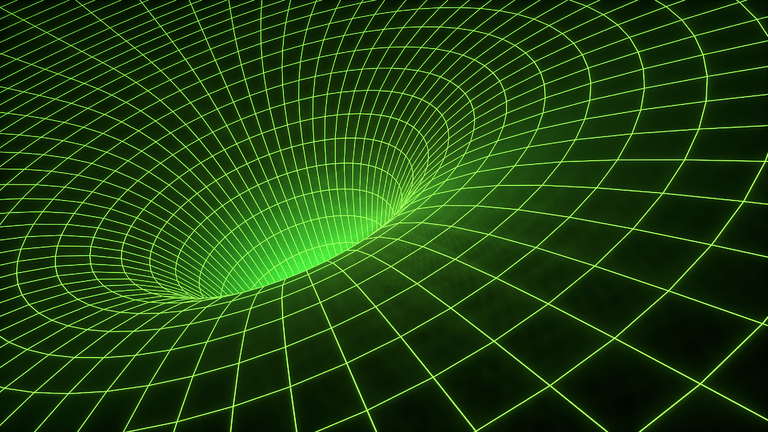
There is therefore reason to believe wormholes could exist and could dramatically change travel in space, or even time travel since travel through the imaginary fabric of the universe would likely take virtually no time at all. They have also thrilled science-fiction authors who have painted images of space travel, and in specific, temporal travel in their works. Nonetheless, till present wormholes are at best theoretical in nature.
Cosmic Strings: Spacetime’s Fault Lines
While wormholes are currently expected to be pathways through spacetime, cosmic strings are considered by some to be extended, extremely slim flaws in spacetime. Cosmic strings were first theoretically proposed several decades ago, in the early 1970s, and are believed to have been created during the few first moments after the Big Bang when the universe was cooling down through phase transitions.
These one-dimensional objects could extend right across the universe and are unbelievably dense – they’re an incredible fifty million light years long and less than a proton thick. If cosmic strings exist they should be sources of large gravitational forces, which might be able to warp light and hence dictate the curvature of space around the string. This means that they could work as telescopes for the Universe making distant parts transparent for gravitational lensing.
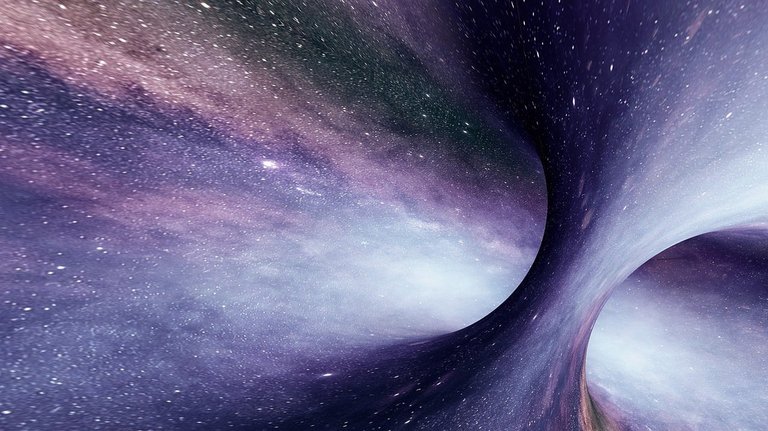
Relation Between the Two
On one hand wormholes can be used as a shortcut across huge distances across the universe, and cosmic strings are physical constructions that shaped the universe, but both concepts are currently at the fringe of what is fully accepted by physicists. What is currently conceived as impossible within the framework of what has come to be known as general relativity and quantum mechanics,
Yet they are still theoretical, the notions of the wormholes and cosmic strings gives scientist opportunity to explore spacetime, gravity and even the origin of the universe.